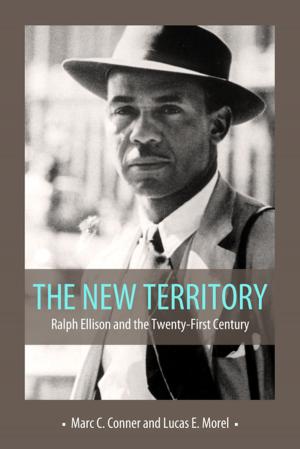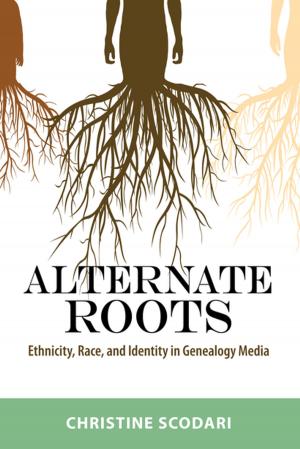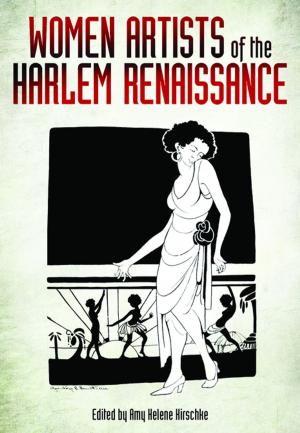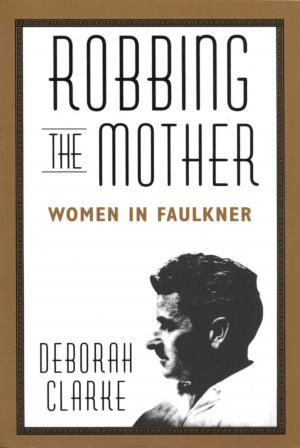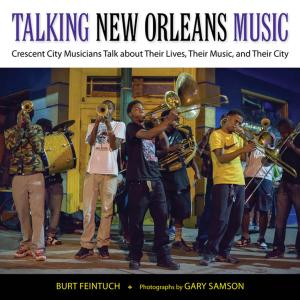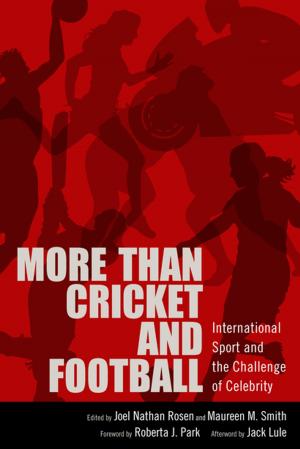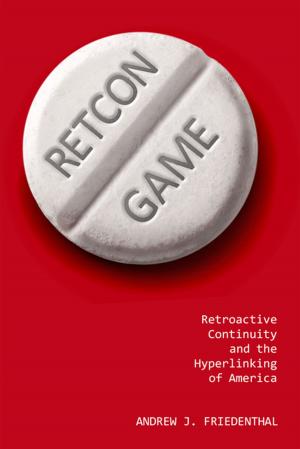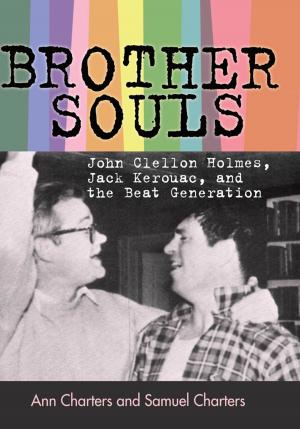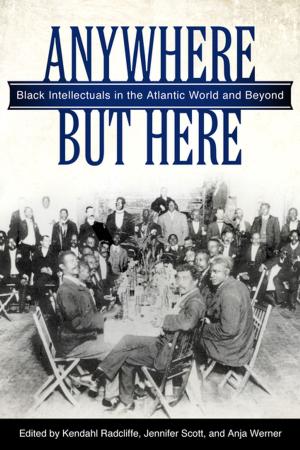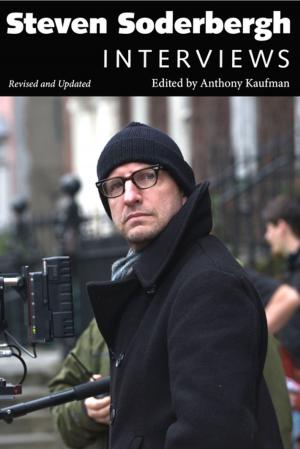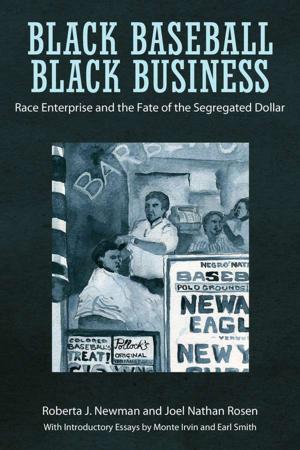| Author: | ISBN: | 9781626745698 | |
| Publisher: | University Press of Mississippi | Publication: | October 14, 2015 |
| Imprint: | University Press of Mississippi | Language: | English |
| Author: | |
| ISBN: | 9781626745698 |
| Publisher: | University Press of Mississippi |
| Publication: | October 14, 2015 |
| Imprint: | University Press of Mississippi |
| Language: | English |
With a career spanning more than forty years, Barbara Kopple (b. 1946) long ago established herself as one of the most prolific and award-winning American filmmakers of her generation. Her projects have ranged from labor union documentaries to fictional feature films to an educational series for kids on the Disney Channel. Through it all, Kopple has generously made herself available for a great many print and broadcast interviews. The most revealing and illuminating of these are brought together in this collection.
Here, Kopple explains her near-constant struggles to raise money (usually while her films are already in production) and the hardships arising from throwing her own money into such projects. She makes clear the tensions between biases, objectivity, and fairness in her films. Her interviewers raise fundamental questions. What is the relationship between real people in documentaries and characters in fictional films? Why does she embrace a cinéma vérité style in some films but not others? Why does she seem to support gun ownership in Harlan County, U.S.A., only to take a decidedly more neutral view of the issue in her film Gun Fight?
Kopple's concern for people facing crises is undeniable. So is the affection she has for her more famous subjects--Woody Allen playing a series of European jazz concerts, Gregory Peck on tour, and the Dixie Chicks losing a fan base but making a fresh start.
With a career spanning more than forty years, Barbara Kopple (b. 1946) long ago established herself as one of the most prolific and award-winning American filmmakers of her generation. Her projects have ranged from labor union documentaries to fictional feature films to an educational series for kids on the Disney Channel. Through it all, Kopple has generously made herself available for a great many print and broadcast interviews. The most revealing and illuminating of these are brought together in this collection.
Here, Kopple explains her near-constant struggles to raise money (usually while her films are already in production) and the hardships arising from throwing her own money into such projects. She makes clear the tensions between biases, objectivity, and fairness in her films. Her interviewers raise fundamental questions. What is the relationship between real people in documentaries and characters in fictional films? Why does she embrace a cinéma vérité style in some films but not others? Why does she seem to support gun ownership in Harlan County, U.S.A., only to take a decidedly more neutral view of the issue in her film Gun Fight?
Kopple's concern for people facing crises is undeniable. So is the affection she has for her more famous subjects--Woody Allen playing a series of European jazz concerts, Gregory Peck on tour, and the Dixie Chicks losing a fan base but making a fresh start.

